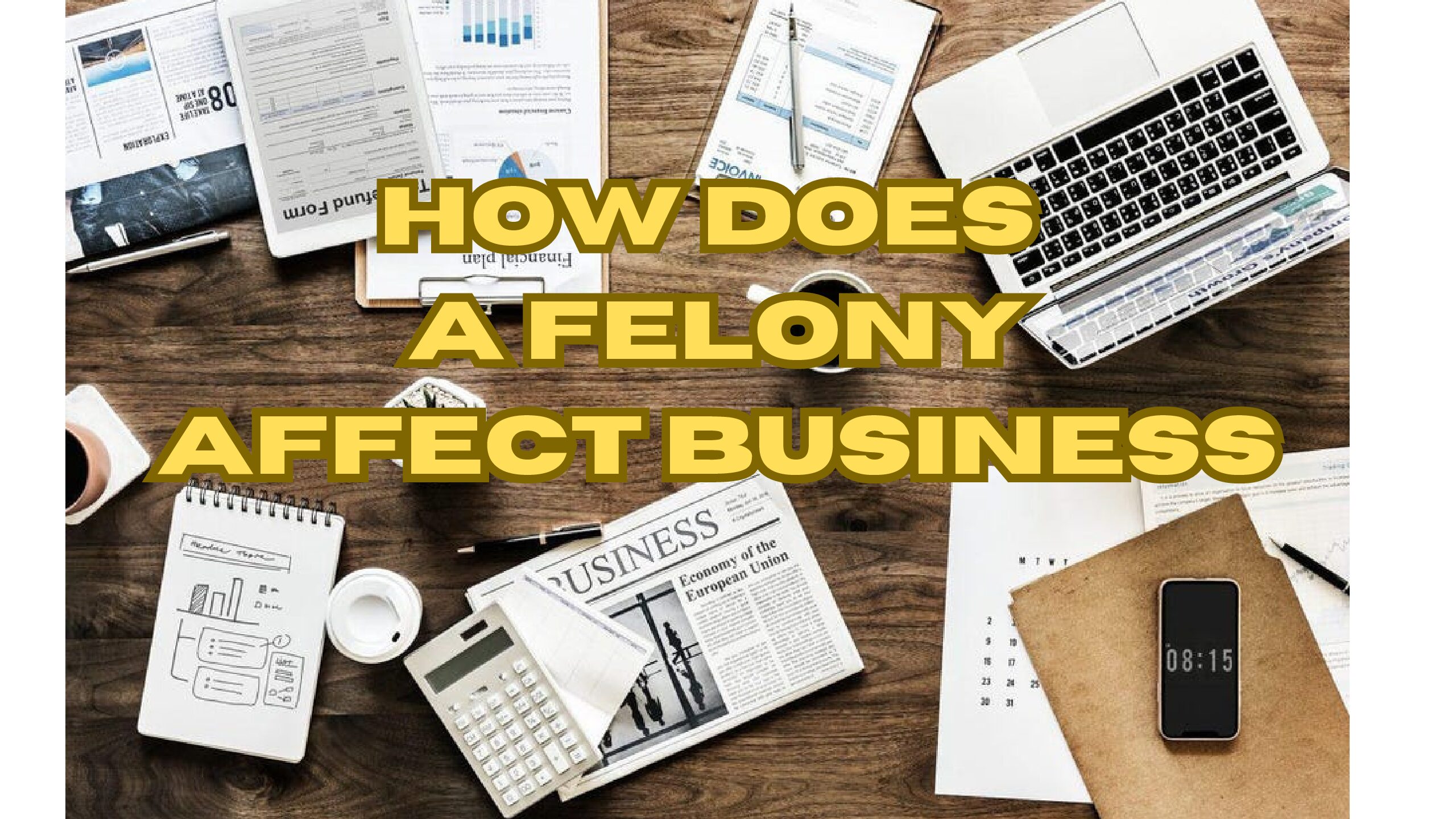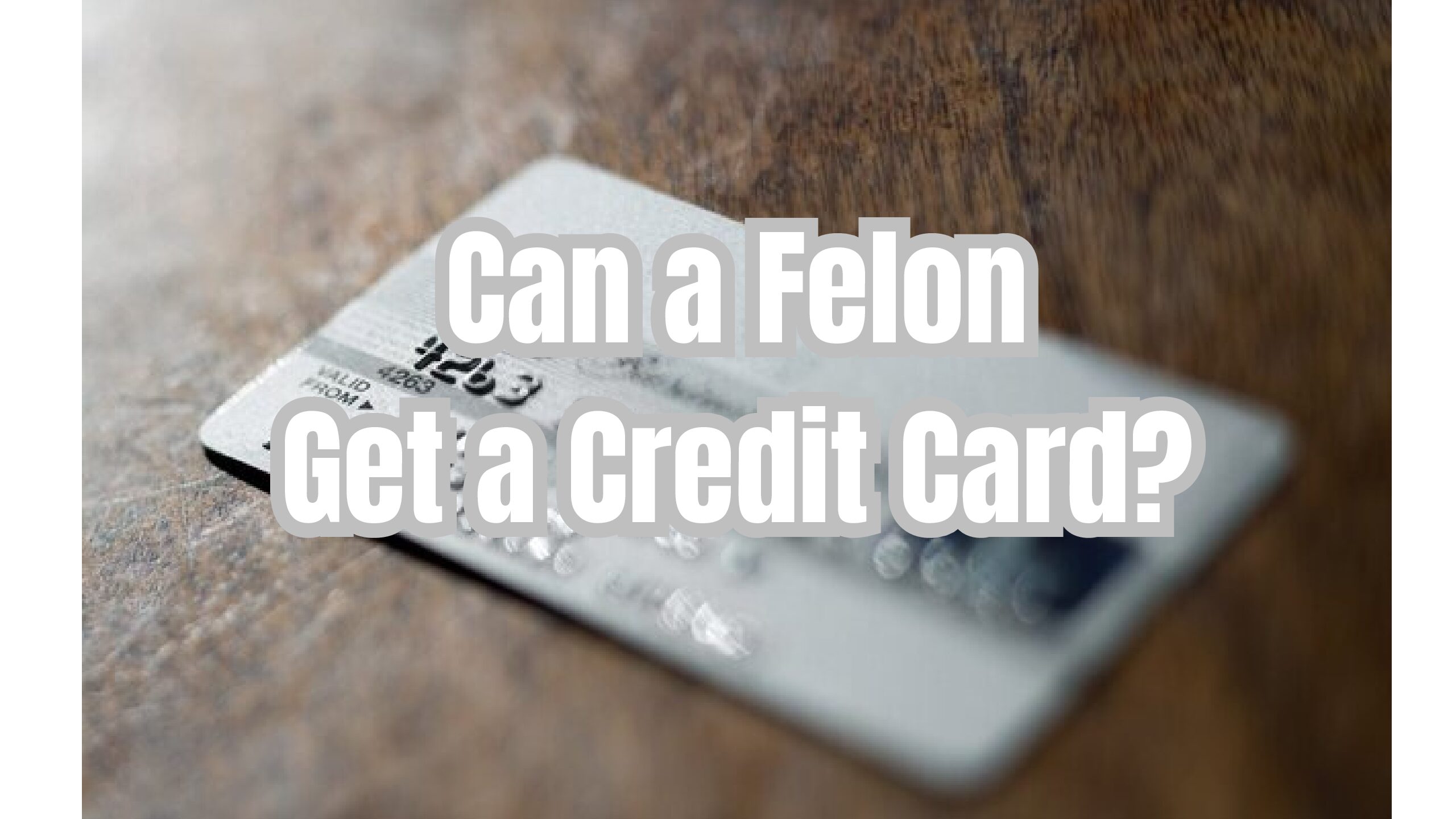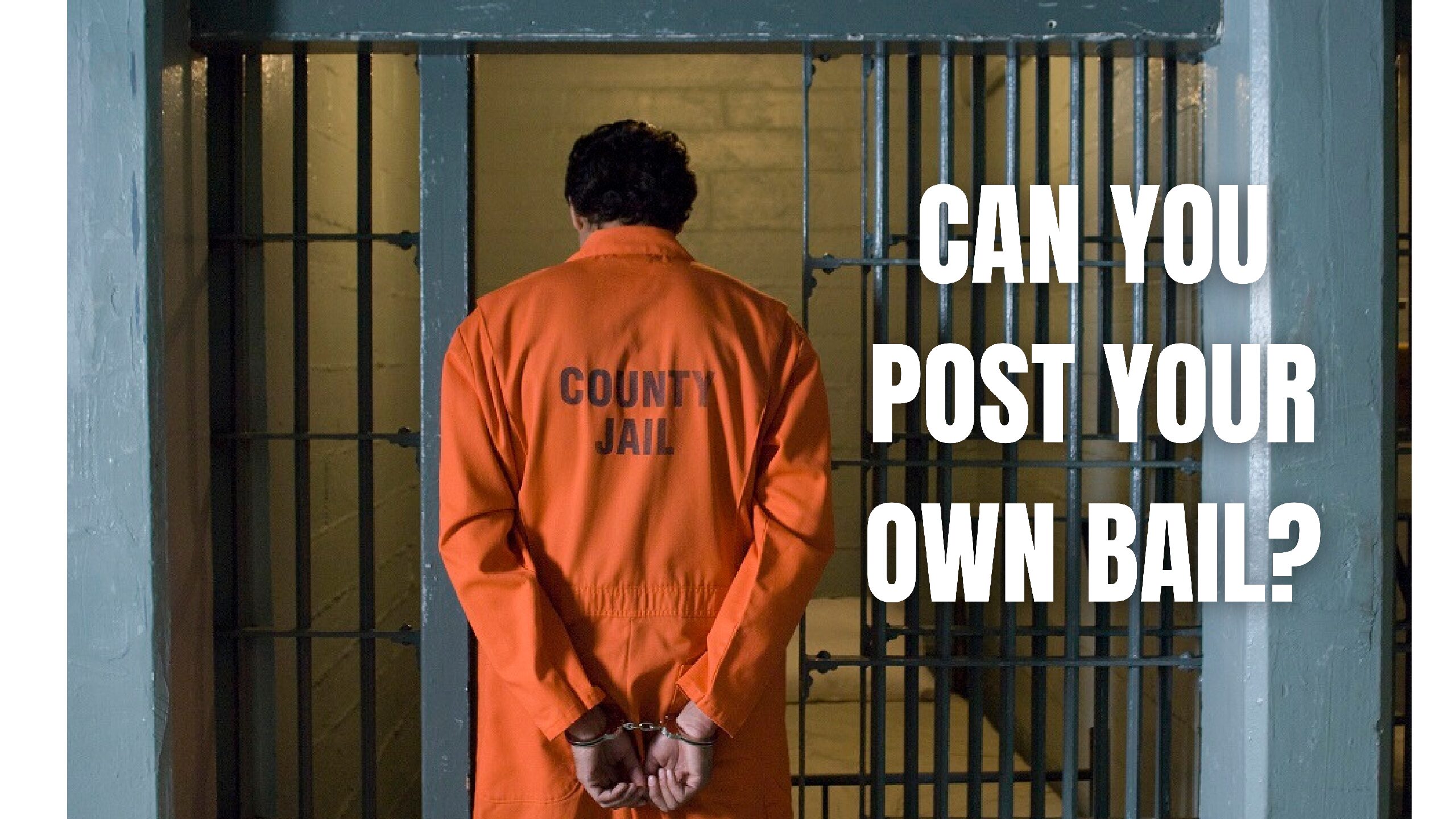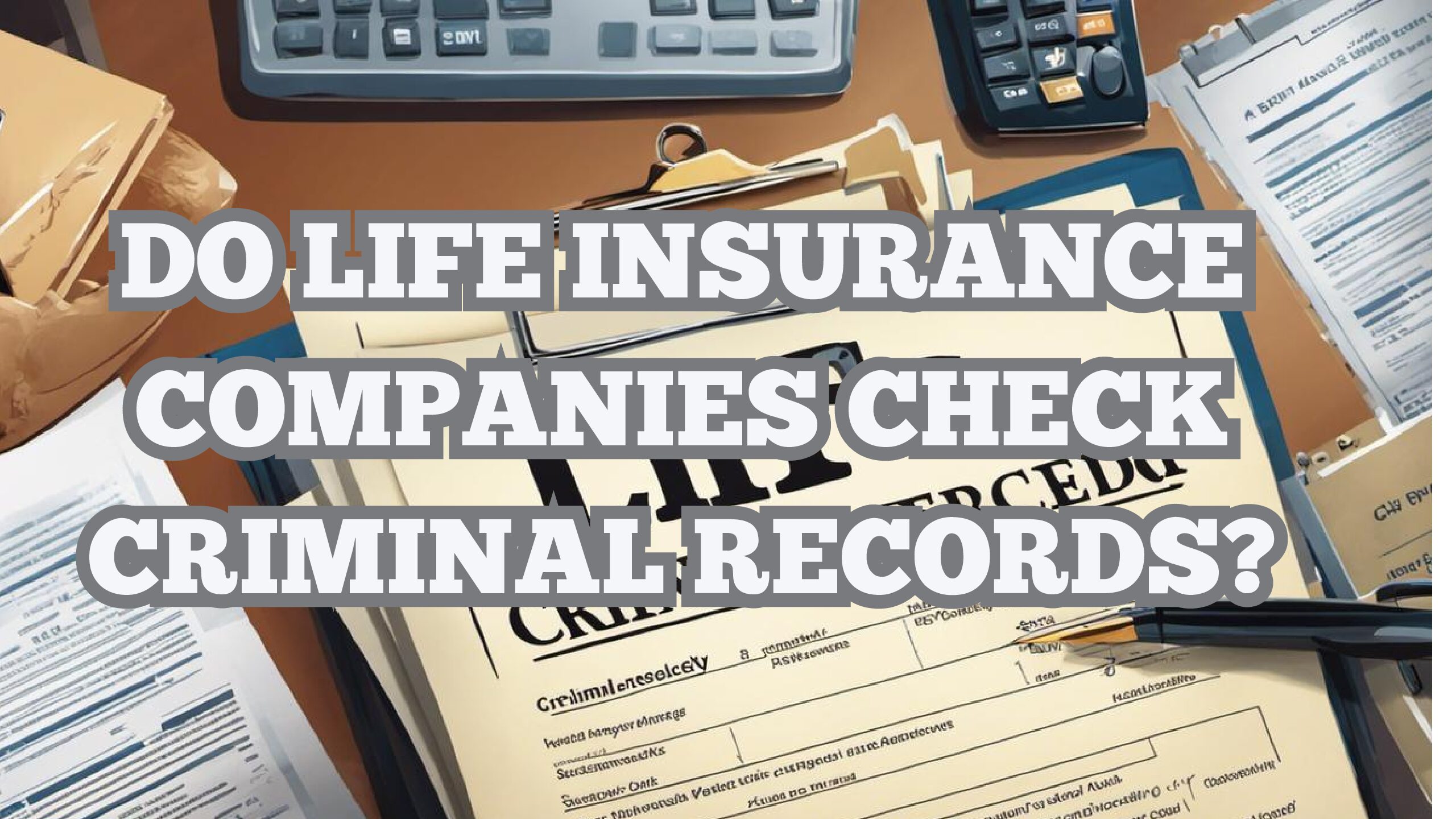HOW DOES A FELONY AFFECT BUSINESS
In respect to the justice system, a felony represents the most serious of crimes that is met with equally serious penalties. Those with a felony on their record carry their sins of the past (scarlet letter) far beyond the confines of any prison sentence. You see, the aftermath of a felony conviction goes way beyond, extending its reach into the individuals professional and personal endeavors as well.
Addressing all these “challenges” – ranging from legal complications and employment restrictions, all the way over to the social stigma and perception of having a criminal record, this post particularly explores the burdens of holding a felony conviction in the business landscape.

WHAT IMPACT DOES A FELONY HAVE ON BUSINESS?
Legal Complications and Limitations
In the realm of business, particularly for entrepreneurs and management personnel, a comprehensive knowledge is needed across multiple arenas — one of which is the legal landscape. A factor often overlooked in this realm is a felony conviction’s impact on a businesses’ legal rights and limitations.
A felony conviction involves severe crimes considered by society to be morally despicable, often resulting in heavy fines or extensive incarceration. The implications are, indeed, life-changing, often extending beyond personal life to influence the business world.
One critical aspect of business heavily influenced by a felony conviction is the ability to obtain professional or business licenses. Many states restrict felons from acquiring licenses in industries such as real estate, healthcare, finance, and law, thereby limiting entrepreneurial opportunities in these sectors.
It is a stringent regulation with the aim of protecting the public from potential harm, but it also serves as a major barrier for felons seeking to restart their life on the business path.
You may also want to check out this post: CAN I GET A REAL ESTATE LICENSE WITH A FELONY?
Even if a business venture does not require a professional license, securing funding can be an uphill battle for individuals with a felony record. Traditional banks, venture capitalists, and angel investors often demand a spotless background.
They consider a felony conviction as a risk factor, viewing it as a potential indicator of unreliable or unethical behavior. As a result, felons face significant obstacles in obtaining the necessary capital they need to launch or sustain a business venture.
Yet, the influence of a felony also extends to one’s business partnerships. Often, corporations enforce strict guidelines that prevent forming partnerships with individuals possessing a criminal background. These guidelines also apply to hiring practices, making it difficult for felons to attain executive roles.
(Infamously, in 2009, Yahoo’s CEO had to step down when it was discovered that his résumé included an embellished academic record – a testament to the unforgiving nature and bullshit of corporate standards. Click here to check that article out via Gawker).
On a broader scale, a felony conviction impairs one’s ability to participate in bids for government contracts — a process where clean records are highly favored. These contracts are lucrative opportunities, providing scope for long-term stability, and being excluded from these can hamper the growth of a business.
You may also want to check out the post titled: WHICH STATES ARE BEST FOR A CONVICTED FELON?

WHAT IMPACT DOES A FELONY CONVICTION HAVE ON EMPLOYMENT?
Employment Challenges
While the reality largely centers around legal consequences, it is important to underline the ripple effect a felony has on employment opportunities. Felony convictions have a far-reaching impact, beyond just professional licensing and business opportunities; they significantly shape the employment path, imprinting a long-lasting – sometimes life-altering road on the individual’s professional life.
The Stigma of a Felony
First and foremost, the social stigma associated with felony convictions can pose an insurmountable hurdle. The notoriety of a criminal record leads to a strained relationship with potential employers, colleagues, and stakeholders alike.
Your truly has definitely had my share of stories from the past. It is a rather painstakingly uncomfortable, and awkward experience that conjures up dread. If you would like to read more about my horrific personal experiences – check out these (2) posts:
5 Things Every Felon Must Know Before They Are Hired
Toys, Background Checks, and Making Jeff Bezos Filthy Rich
In an era where brand reputation is paramount, businesses are increasingly cautious about hiring individuals with a “past”, fearing potential risks to their professional image.
Limited Education
Restrictions on education also come into play; Limited access to vocational training can stunt career progress, choking off opportunities for higher-paying jobs. This not only hinders the prosperity of felons but also impairs their ability to contribute positively to society. A true double whammy!
While initiatives like Ban the Box are aimed to reduce employment discrimination, it is still an area shrouded in complications. Miscommunications and misunderstandings occur, potentially disqualifying an otherwise talented and qualified candidate from consideration.
Job Security
Even for those lucky enough to land a job, a roller coaster of uncertainty awaits Many employers are obligated to take action if an employee’s felony conviction comes to light, disrupting career stability.
(You may also want to read this story – about an unfortunate experience I had)
A Better Quality of Life
The pursuit of “finding a good job” is arguably the biggest challenge a felon will ever face in order to attain a better quality of life for that of him/herself and their family.
Employers can take the lead by incorporating proactive hiring policies, while legislation continues to reconsider the current state. If empowered with the right tools and support, a convicted felon can tap into their hidden potential, becoming valuable assets in business, while society leverages the full range of talent available, and the words ‘second chance’ hold a real, tangible meaning.
Check out WHAT IS A SECOND CHANCE EMPLOYER?

WHAT IMPACT DOES A FELONY CONVICTION HAVE ON BUSINESS PERCEPTION?
It is estimated that the chances of felons amassing wealth or climbing the economic ladder are almost half compared to “non-offenders”. This stark disparity is mainly due to the social stigma that restricts their access to higher-paying jobs, while at the same time squashing any entrepreneurial aspirations due to limited access to capital and business resources.
This perception also reflects in societal attitudes towards hiring former felons, with many businesses remaining nervous about offering employment opportunities to these individuals. This not only leads to a high unemployment rate among felons but also perpetuates the same stereotype.
All this due to limited options and opportunities.
WHAT IMPACT DOES A FELONY CONVICTION HAVE ON ENTREPRENEURSHIP?
On the subject of entrepreneurship, former felons often encounter a unique set of roadblocks. Despite the potential for self-sufficiency and job creation, felon-owned businesses often fall victim to limited networking opportunities, lack of mentorship, and credit barriers.
These challenges not only hurt creativity and innovation, but they also stop the potential for economic contributions from this generally overlooked segment of society.
While challenges abound for felons in the business world, it is critical to acknowledge their potential to contribute positively to society. Many inspiring stories of successful entrepreneurs with a past criminal record underscore the importance of second chances.
The entrepreneurial spirit and industry potential of this important and deserving population requires a concerted effort from stakeholders in government and private business. Efforts such as providing vocational training, mentorship programs, easing restrictions for funding, and promoting fair hiring practices can pave the way for meaningful inclusion for this class.
Therefore, navigating the business landscape as an individual with a felony is no easy task; but our inclusion, pursued (legally), can be richly rewarding, for both the individuals and for society at large.
Conclusion
It is vital to differentiate between the tangible and intangible punishments that a felony conviction brings (incarceration, probation, fines, restitution) versus that of the tremendous obstacle it becomes on an individual’s ability to reinvent themselves professionally (stigma, trust issues, risk factor) in a business capacity.
It restricts access to licenses and contracts, hinders funding opportunities, limits hiring potential, and obstructs the possibility of partnerships. However, it should be noted that while the path may be challenging, it is not impossible, as the truly determined individual does not allow anything, let alone a felony to stand in their way.







